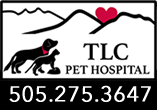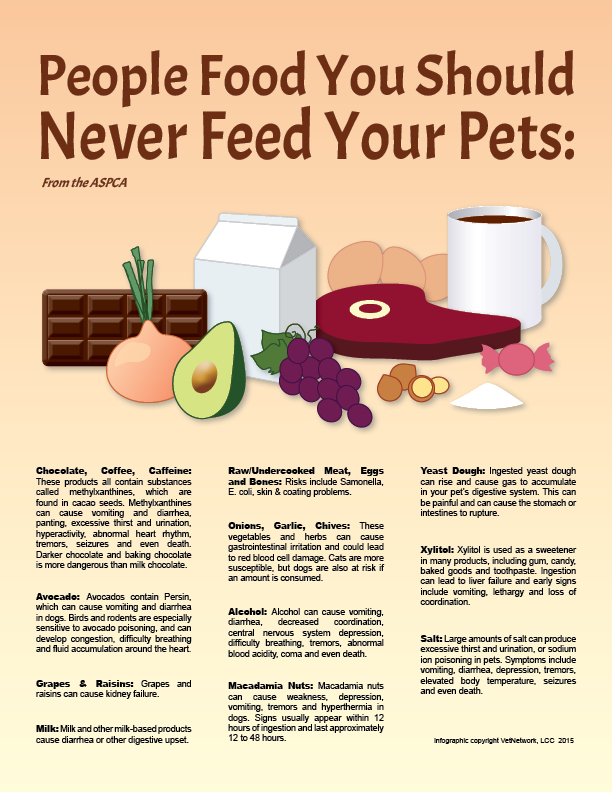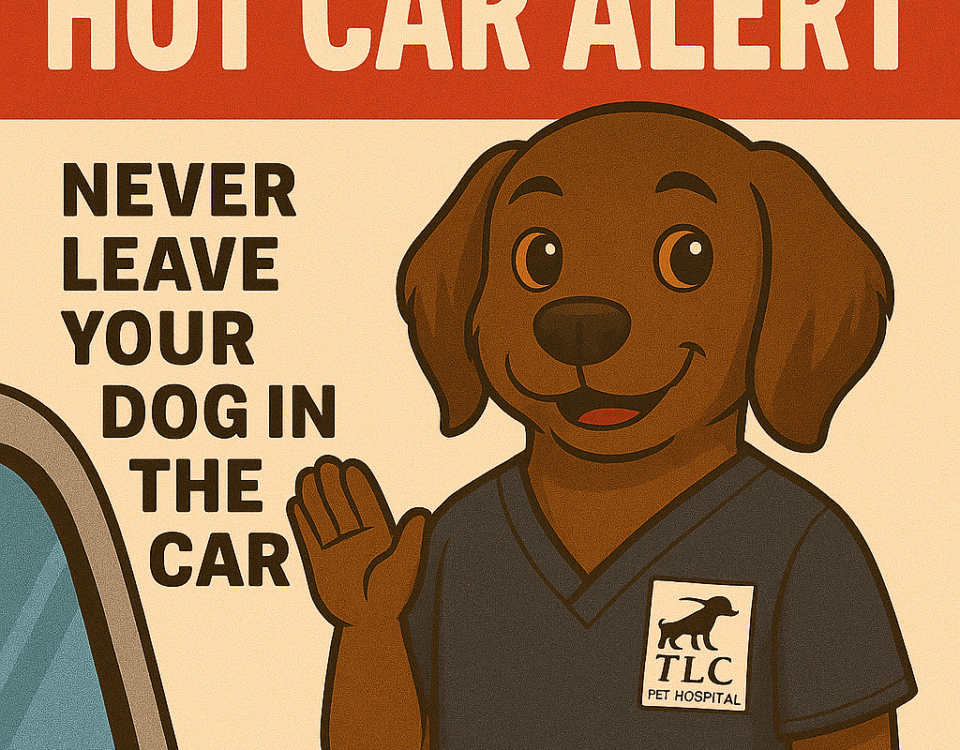Cushing’s Disease
January 13, 2015Vomiting
March 17, 2015During the first few weeks of life, a puppy’s primary activities are feeding, keeping warm and developing social skills. In most cases, humans will simply watch the mother dog provide all necessary care for her puppies. However, if the puppy in your care has been separated from his mother, or if the mother dog has rejected her young or cannot produce enough milk, caring for the pup is up to you.
How Do I Feed a Newborn Puppy? A mother dog’s milk provides everything the pups need during their first four weeks of life. If you are caring for an orphan or the mother is out of the picture, consult with a veterinarian for guidance on the proper way to bottle-feed newborns, as it is easy to cause harm by doing it incorrectly. The babies will need to be fed a commercial canine milk replacer. Be sure to use one specifically formulated for puppies, as cow’s milk and other milk replacer can cause diarrhea.
Puppies will need bottle or syringe feeding every few hours for several weeks.
How Often Should a Puppy Eat?
Puppies generally nurse at least every two hours in their first week of life. As they develop and grow, the intervals between feedings increase. At around four weeks of age, puppies can begin to transition from nursing to eating solid food. When making the transition to solid food, a high-quality dry puppy kibble can be soaked with warm water and milk replacer and blended to the consistency of gruel. This can be made available several times a day. Gradually, the amount of milk replacer can be decreased until the puppies are eating dry kibble by about 7 to 8 weeks of age. Consult your veterinarian for the exact amount to feed and for help creating a long-term feeding schedule suited to the puppies’ development needs.
How Much Should a Newborn Puppy Weigh?
The average birth weight for puppies depends on breed. During the first weeks of life, a pup’s body weight may double or even triple. Gaining 10 to 15% of birth weight daily is considered healthy. Pups who don’t gain adequate weight during this early period may not survive.
Should I Hold the Puppy?
Puppies should not be overhandled during their first two weeks of life, and care should always be taken not to upset the mother dog when handling. If you are hand-raising pups, handle them only as much as is necessary to keep them warm, clean and fed for the first two weeks of life.
Make sure they are staying warm at this tender age—a well-monitored heating pad or warm water bottle wrapped in a towel will do the trick. Starting at three weeks of age, try to gently handle the puppies in short sessions a few times every day—this is around the time their vision and hearing are kicking in and their teeth are beginning to develop and is considered an important time for socialization. Please take care not to allow children to do any handling without adult supervision, and not until the puppies are at least three weeks of age.
How Can I Teach a Puppy to Go to the Bathroom?
During their first few weeks of life, puppies are unable to urinate and defecate on their own. Dog mothers instinctively stimulate their babies to excrete waste through licking. If you are raising puppies without a mother dog, you will have to assume this—luckily, you can use your hands instead of your tongue! Dip a soft washcloth or a piece of gauze in warm water and gently massage the anal and urinary regions after feeding. The warmth, texture and movement mimic a mother dog’s tongue. It is vital that you do this, so have your vet coach you on methods of encouraging newborn puppies to relieve themselves. Puppies begin excreting on their own at about three to four weeks of age.
When Should Puppies Have Their First Vet Checkup?
Assuming the pups appear healthy, most veterinarians recommend that they receive their first round of standard vaccinations at six weeks of age. Deworming and a physical examination can begin at an early age. Consult with your veterinarian to schedule your puppies’ preventative health plan. However, you should call your vet immediately if a puppy exhibits any of the following symptoms:
- Lack of appetite
- Poor weight gain
- Vomiting
- Diarrhea
- Difficult breathing
- Coughing/wheezing
- Constant crying
- Pale gums
- Swollen eyes or eye discharge
- Nasal discharge
- Inability to pass urine or stool
From: http://www.aspca.org/pet-care/dog-care/newborn-puppy-care



